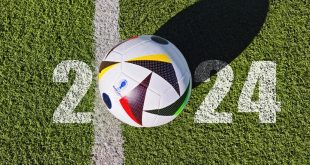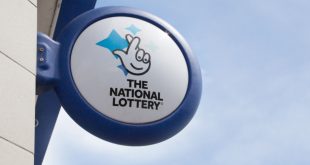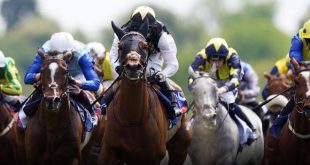Another state in the USA has introduced a new bill seeking the introduction of sports betting, ahead of the potentially landmark decision by the Supreme Court (SCOTUS) in the New Jersey v NCAA case.
Put forward by Senator John J Bonacic, chairman of the Committee on Racing, Gaming and Wagering, bill S7900 would amend the current racing, pari-mutuel wagering and breeding law, in relation to regulation of sports betting.
Permitting sports betting, including mobile wagering, at casinos, racetracks and off-track betting parlors, operators will only be allowed to proceed should SCOTUS overturn the Professional and Amateur Sports Protection Act (PASPA).
The bill includes intentions to bridge the current gap with the nations sports leagues regarding a proposed 1% integrity fee, which has been lobbied for vociferously by both Major League Baseball (MLB) and the National Basketball Association (NBA).
A proposition to include an integrity fee pertaining to 0.25% of handle has been made, although it is detailed that “in no case shall the integrity fee be greater than two percent of the casino’s sports wagering gross revenue.”
Payable in three month increments, its intention is to reimburse the various leagues “for expenses incurred for integrity operations.”
In addition an 8.5% tax rate of sports wagering gross revenue was also stipulated for casinos, while entities would also require a separate sportsbook license, on top of others required for gaming operations within the state.
The bill also seeks to empower the New York state Gambling Commission, who would be responsible for the implementation of sports betting laws as well as managing the issuing of licenses.
Despite a gulf in potential integrity fees, US sports leagues are afforded some degree of power when it comes to different parameters of wagers and essentially where data used comes from.
Tier one, classified as a bet determined solely by the final score or outcome and placed before it has begun, would allow casinos to utilise appropraite data sources.
For in-play wagers, falling in the tier two bracket, official data streams have to be utilised, while for tier three, encompassing all bets not falling in tiers one and two, including parlays, second-half or first-half wagers, a request can be lodged with the commission, by the leagues, for the utilisation of official data streams.
A potential opt out also forms part of S7900, which could particularly appeal to leagues such as the National Football League (NFL) and National Collegiate Athletic Association (NCAA), who have notoriously been against legalised sports betting.
Addressing a potential right to limit wagers, the bill states: “A sports governing body may notify the commission that it desires to restrict, limit or exclude wagering on its sporting events by providing notice in the form and manner as the commission may require.
“If the commission denies a request, the sports governing body shall be afforded notice and the right to be heard and offer proof in opposition to such determination.”









